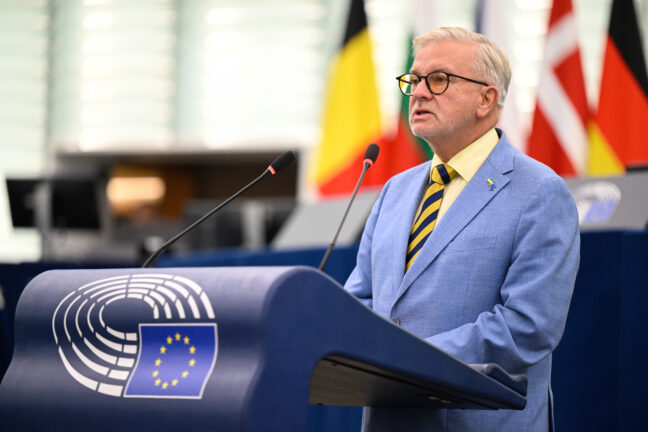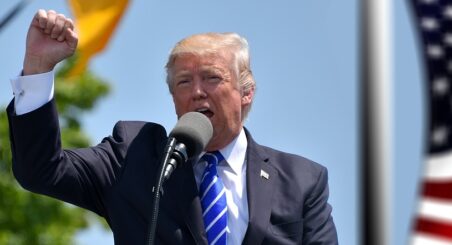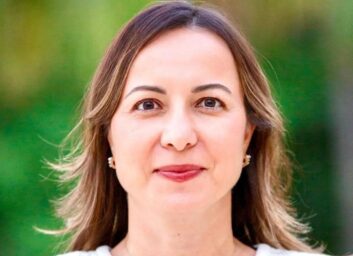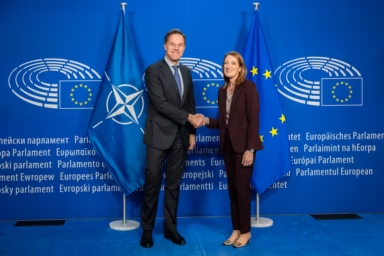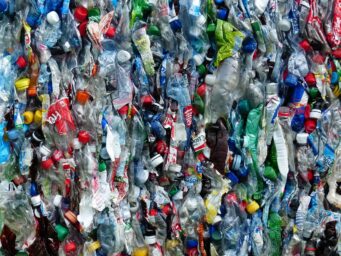The European Parliament has spoken clearly in favour of Ukraine’s EU accession bid, urging Kyiv to accelerate reforms. Meanwhile, EU’s top diplomat Kaja Kallas called for relentless support for the beleaguered country: “As long as the war continues, so will we.”
In a landmark report adopted on Tuesday by 418 votes, MEPs reaffirmed Ukraine’s sovereignty and tied membership progress to judicial overhauls, anti-corruption measures, and democratic resilience. “Progress in these areas is critical not only for EU membership but also for successful reconstruction and economic trust,” the text stated, reflecting concerns that graft or institutional weakness could undermine postwar recovery.
The vote—with 135 against and 41 abstentions—marked Parliament’s first formal assessment since Ukraine gained candidate status in 2022. It called on the European Commission to open negotiation clusters “at the fastest pace possible”, conditional on Kyiv’s continued alignment with EU rules. While praising Ukraine’s “extraordinary efforts” in democracy-building, MEPs pressed for merit-based judicial appointments and tighter public-administration reforms. Rule-of-law gaps, they argued, risk eroding investor confidence as reconstruction costs mount.
Trump‘s priorities
Geopolitical anxieties loomed large. The report expressed “deep concern” over shifting US priorities under President Donald Trump, whose recent Alaska summit with Vladimir Putin contrasted with Moscow’s intensified strikes on Ukrainian cities. “Russia is not at all interested in peace, but rather in subjugating Ukraine,” MEPs declared, urging Mr Trump to enact “resolute” new sanctions against Kremlin war suppliers. With American commitment wavering, the EU must “reinforce its leadership role” in backing Kyiv, they insisted.
“We admire the role Ukrainian civil society is playing in the reform process,” said rapporteur Michael Gahler (EPP/DEU). “As Parliament, we want to send a clear signal that Ukraine belongs in the European family and that we will do everything so that it takes its rightful place as soon as possible.”
You might be interested
The resolution underscored a message which EU foreign-policy chief Kaja Kallas presented to the Strasbourg chamber just minutes earlier. She addressed Parliament (in connection to Russian recent attacks on Kyiv), vowing Europe would not flinch. “Putin has no interest in peace and will not stop the war unless forced to do so,” she said, noting €169bn in EU aid since 2022.
Back in the USSR? No way
Her speech framed Ukraine’s defence as existential for European security: “Russia has not broken Ukraine’s determination, and it must not break ours.” The Estonian diplomat defended frozen Russian assets as future compensation for Kyiv and stressed transatlantic unity on sanctions. “Alone, the impact is limited; together with global partners, it is much stronger.”
Moscow’s threats against Western actors in Ukraine drew sharp retorts. “Russia has no say in how we defend ourselves,” Ms Kallas said, dismissing Kremlin claims of a NATO “proxy war”. She accused Russia of seeking a “pre-1991 Soviet sphere of influence” and hailed Western unity through a “coalition of the willing” to arm Kyiv. Yet her defiance highlighted tensions within the EU: while the bloc has boosted defence funding, coordination remains patchy, and Hungary’s pro-Kremlin stance complicates consensus.
Russia has no say in how we defend ourselves. — Kaja Kallas, top EU diplomat
For Ukraine, the twin developments signal both opportunity and pressure. Parliament’s demand for faster accession talks rewards Kyiv’s reform strides but sets high bars on governance. Anti-corruption bodies like NABU have secured convictions against oligarchs, yet judicial independence remains uneven.
Meanwhile, reconstruction—projected conservatively to cost €45bn—will demand transparency to attract private capital. “Transparent selection processes are non-negotiable,” one MEP stressed privately. “Donors won’t pour funds into leaky buckets.”
A strategic calculus
The report also nudged Europe toward harder security guarantees, urging members to “strengthen Ukraine’s armed forces and defence industry”. Ms Kallas endorsed this, but long-term commitments—like bilateral security pacts—remain embryonic. With US aid stalled and Russian strikes grinding on, EU leaders face a dilemma: accelerate military self-reliance or risk Ukrainian fatigue.
Parliament’s stance reflects a strategic calculus. Enlargement, once seen as a distant prospect, now serves as both carrot and shield. It has served the purpose of signalling to Moscow that Ukraine’s future lies in Europe. Yet hurdles abound. Hungarian Prime Minister Viktor Orbán has vowed to block accession talks, while sceptics in France and Austria fret over absorbing a war-ravaged economy.
Russia is not at all interested in peace, but rather in subjugating Ukraine. — the EP report on Ukraine’s EU accession
Ms Kallas’s tenure, still fresh, has become a litmus test for EU resolve. Her speech blended steeliness with realism: no quick fixes, but no retreat. As Russian drones darken Ukrainian skies, Europe’s promise hinges on matching rhetoric with rigour—in Kyiv’s reforms, Brussels’ cohesion, and the grim arithmetic of modern warfare. The message rings clear: Ukraine’s path to membership is open, but the tollgate remains stubbornly high.
